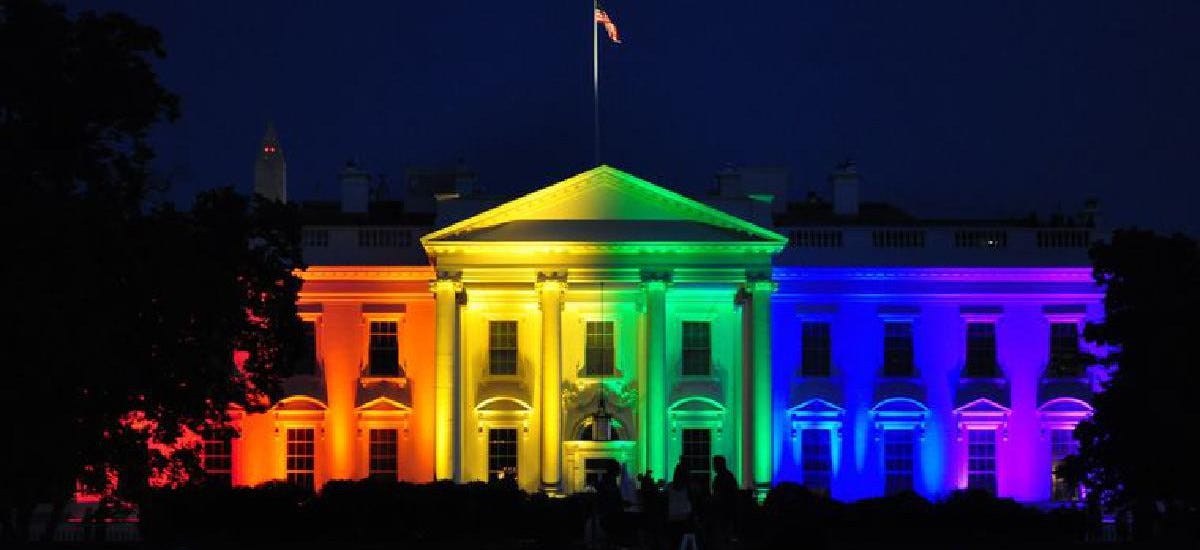They Can Take Away our DEIA Programs But They Can Never Take Away Our Mindset
The point of a successful DEIA program is to not need one.
In a memorandum dated January 21, 2025, the U.S. Office of Personnel Management (OPM) directed federal agencies to dismantle Diversity, Equity, Inclusion, and Accessibility (DEIA) programs in compliance with President Trump's executive orders that. This directive mandates the immediate closure of DEIA offices, placement of DEIA staff on administrative leave, and termination of related contracts. Read a summary from GovExec here.
While the memo itself is brief, its implications are deeply concerning. Legal scholar (and my former colleague at HHS) Samuel Bagenstos addresses these concerns in his insightful blog post, “The Intimidation is the Point” He critiques the “gratuitous meanness” embedded in these directives, including their extension to contractors receiving federal funding. This approach appears designed to discourage advocacy for equity by fostering a climate of fear.
A Culture of Surveillance
One particularly troubling element of the OPM memo is its Orwellian encouragement of internal surveillance. Section 1(a) and Appendix 1 require employees to report efforts to conceal DEIA initiatives, even threatening consequences for failing to report. This directive cultivates distrust and reinforces a punitive environment—further exacerbated by policies like the hiring freeze, the cancellation of telework, and the controversial Schedule F reclassification of federal employees. Together, these policies risk gutting competent civil servants and replacing them with unqualified loyalists.
The Human Costs of Arbitrary Barriers
Reflecting on my own career, I became a proponent of DEIA not as a political stance but as a practical one. Early in my career as a Navy Lieutenant Junior Grade serving overseas on a SEAL Team, my ability to contribute effectively was often shaped by arbitrary barriers. My gender was irrelevant in operational success—except in the cases where it improved it, or others’ biases and insecurity made it relevant.
Keep reading with a 7-day free trial
Subscribe to Living Resiliently to keep reading this post and get 7 days of free access to the full post archives.




